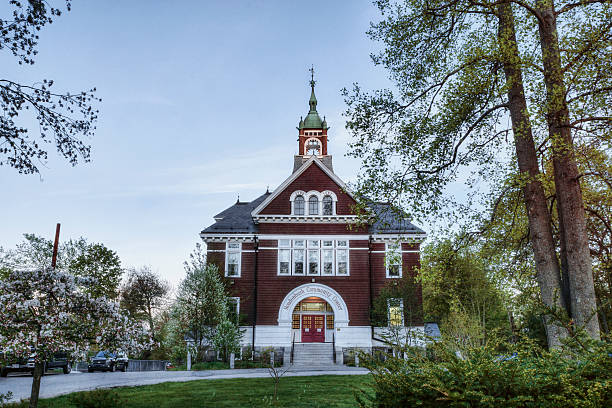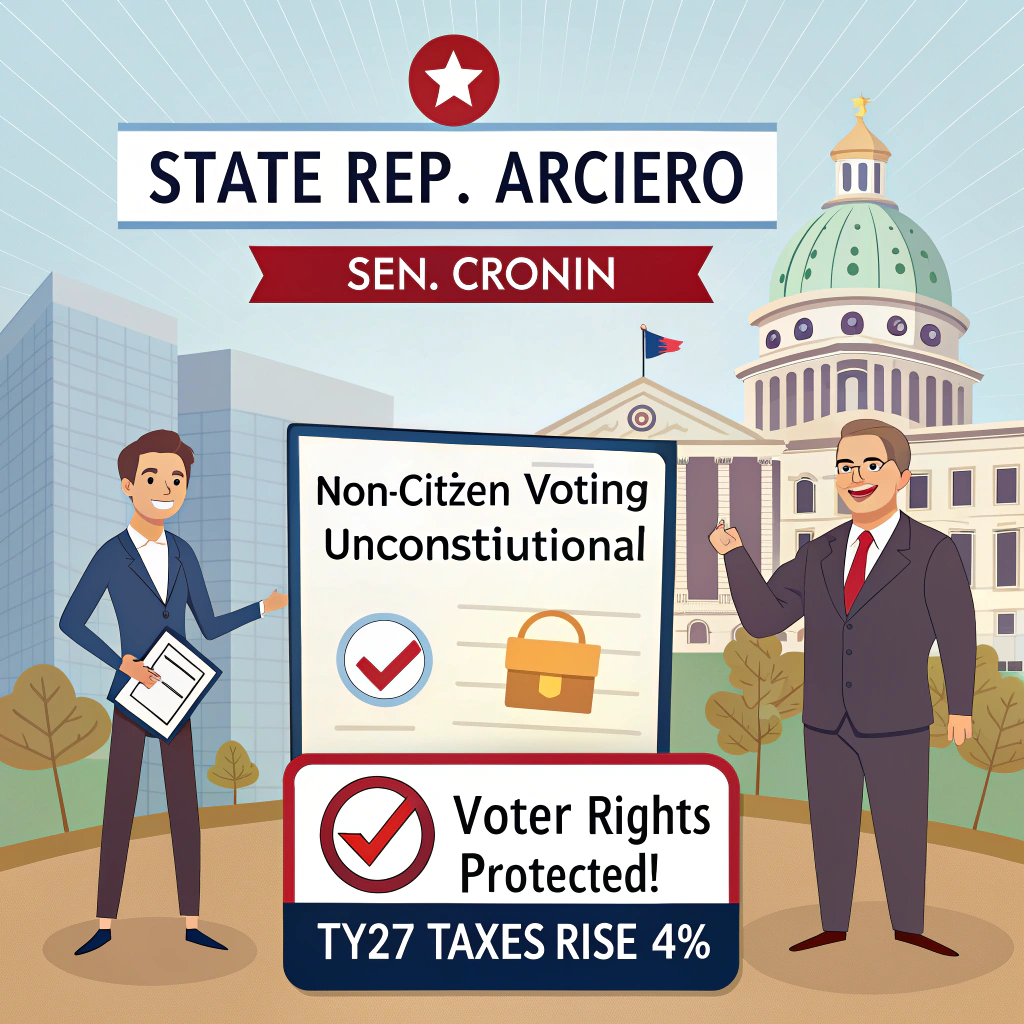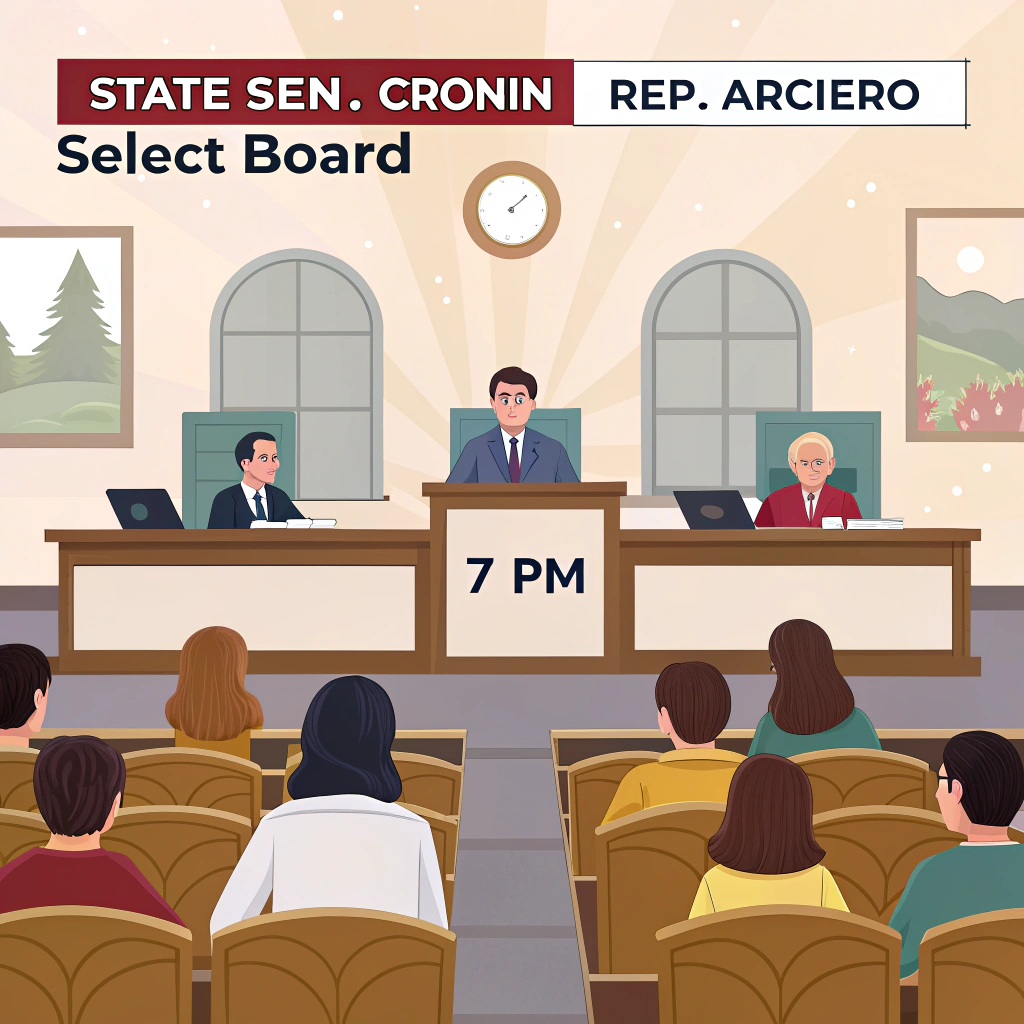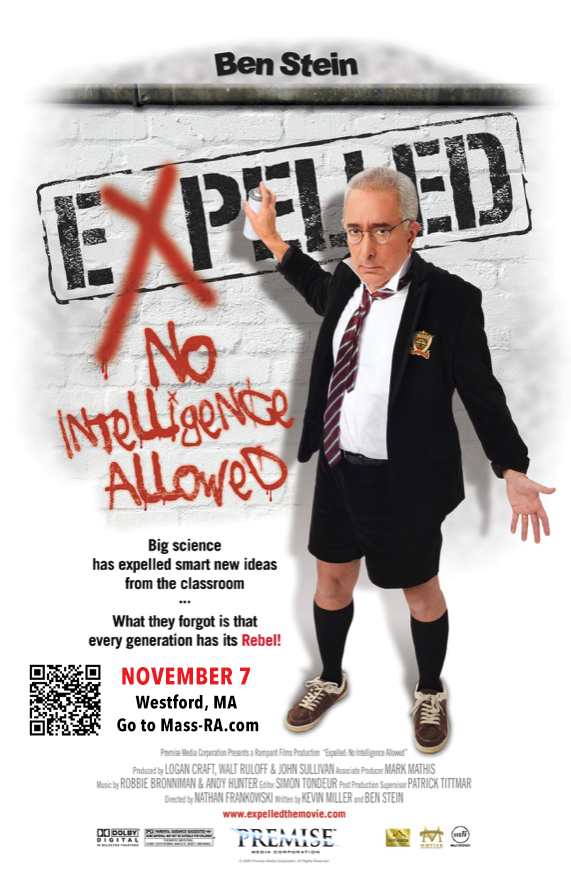
Let’s talk, Westford!
The Westford Republican Town Committee (WRTC) is dedicated to promoting the principles of limited government, individual liberty and personal responsibility within our community.
Important News Feed
-

LEGISLATIVE DELEGATION SLAMS DOOR ON NON-CITIZEN VOTING
Read more: LEGISLATIVE DELEGATION SLAMS DOOR ON NON-CITIZEN VOTINGWestford Update: State Rep. Arciero & Sen. Cronin decisively shut down non-citizen voting, declaring it unconstitutional under current law. Virtual Town Meetings also dead on Beacon Hill—security, validation, and cost concerns prevail. FY27 taxes rise 4% via single-rate classification. Voter rights protected!
-

Non Citizen Voting Update
Read more: Non Citizen Voting UpdateState Sen. Cronin & Rep. Arciero join Select Board Tuesday 7PM to discuss non-citizen voting & virtual town meetings. After resident pushback & GOP-heavy study committee, guidance is coming. Public welcome—Town Hall 2nd floor. Hear the debate on citizenship vs. diversity!
-

HOW ABOUT A NIGHT AT THE MOVIES
Read more: HOW ABOUT A NIGHT AT THE MOVIESJoin us for Movie Night featuring Expelled: No Intelligence Allowed this Friday, November 7th at 7 PM at the Westford Sportsman Club. Ben Stein challenges science’s suppression of intelligent design in this thought-provoking documentary. Pastor Reid calls it excellent—makes you think. RSVP at mass-ra.com/upcoming-events. Let’s spark real conversation!
Featured Articles
- Westford Republican Town Committee Fundraiser
- Plan proposes that municipalities can opt into an additional 5% surcharge atop the EXCISE TAX bill
- Special Town Meeting Report – TAKE THE MONEY AND RUN
- CAPITAL SPENDING REQUESTS RAISE EYEBROWS
- Spotlight on Article 6: Modifying the MBTA Multi-Family Overlay District at Technology Park East
- Upcoming Special Town Meeting: Join Us on October 27!
- In memory of Charlie Kirk









